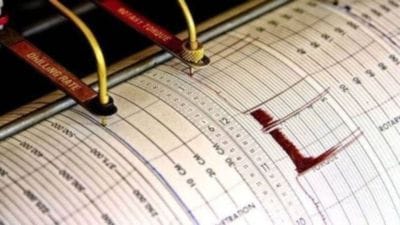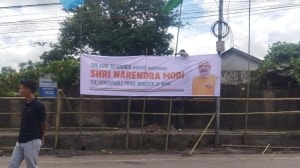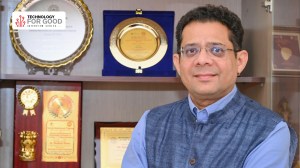Speight says he’s planning to rule Fiji by decree for next year
SUVA, MAY 28: The leader of Fiji's attempted coup George Speight dismissed as insufficient the President's wholesale sacking of the electe...

SUVA, MAY 28: The leader of Fiji’s attempted coup George Speight dismissed as insufficient the President’s wholesale sacking of the elected government today and declared he planned to rule by decree for up to a year.
Speight described President Ratu Sir Kamisese Mara’s removal of the country’s first ethnic Indian prime minister Mahendra Chaudhry and his government as the "act of a desperate man".
At a press conference, Speight, a businessman who took Chaudhry and more than 30 legislators hostage in the name of ethnic Fijians on May 19 when he led six armed men into the Parliament building in the capital Suva, also ruled out the prime minister’s immediate release.
Mara would have to resign first, he said, and the 1997 constitution which enshrines the ethnic Indian population’s right to share in Fiji’s government torn up and replaced with one guaranteeing rule by indigenous Fijians.
The crisis in Fiji, which entered its 10th day today, is increasingly becoming a stand-off between the two rival claimants to power in Fiji.
While Speight carries much popular support for articulating indigenous resentment at comparative Indian wealth and business success, his proposals for a race-based government would make Fiji a pariah state.
Mara has already courted widespread condemnation by allowing Chaudhry’s elected administration to be deposed.
Meanwhile, the attempted coup continued to draw international condemnation today.
In Brussels, the world’s largest trade union body set in motion a campaign of action that may include sanctions and strikes, as Australian unions launched a wave of transport and communications boycotts.
"Australians will not support terrorists who hold elected government representatives at gunpoint and hijack a constitution," said Australian Council of Trade Unions president Sharan Burrow.
"We watched our trade union colleagues in Fiji develop a democracy movement and they built a democratic system 12 months ago.
"And if that can be brought to nothing, the civilised world can’t sit back and ignore that."
The Australian government also turned up the heat, warning of tough measures if democracy is not restored.
Commonwealth secretary-general Don Mckinnon appealed to Fijian leaders to step back and take a few deep breaths, warning of suspension or expulsion from the Commonwealth.
There are also signs that fiji may split.
Fiji’s western district, home to sugar capital Lautoka and the international airport at Nadi, is pro-Chaudhry, who comes from the area. Its chiefs have already come out in support of Chaudhry.
Yesterday, in an effort to persuade Speight to end his occupation of Parliament and release the hostages, Mara dismissed the civilian government and raised the "highly likely" possibility that Speight and his men would be given immunity from prosecution.
The President appointed a caretaker administration and the leader of the new government — acting prime minister Ratu Tevita Momoedonu — immediately resigned, leaving Mara in sole charge.
Parliament would be suspended for the next six months, Mara said, maintaining his actions were allowed under Fiji’s constitution.
But Speight insisted today that before the crisis could end, Fiji’s indigenous tribal congress, the great Council of Chiefs, would first have to withdraw its support for the 1997 constitution.
Meanwhile, in Cairo, president of the Inter-Parliamentary Union (IPU), Najma Heptullah today threatened expulsion of Fiji from the Union if democratic process was not restored in the country by October.
"If by October, when the IPU meets in Jakarta for its meeting, the situation does not change in Fiji, then the IPU could kick out the country from the grouping", she said here.
Heptullah denounced the happenings in Fiji and called for Chaudhry’s release. "The rule of democratic law should once again prevail in Fiji and the prime minister be released immediately," she said.
Photos



- 01
- 02
- 03
- 04
- 05




























